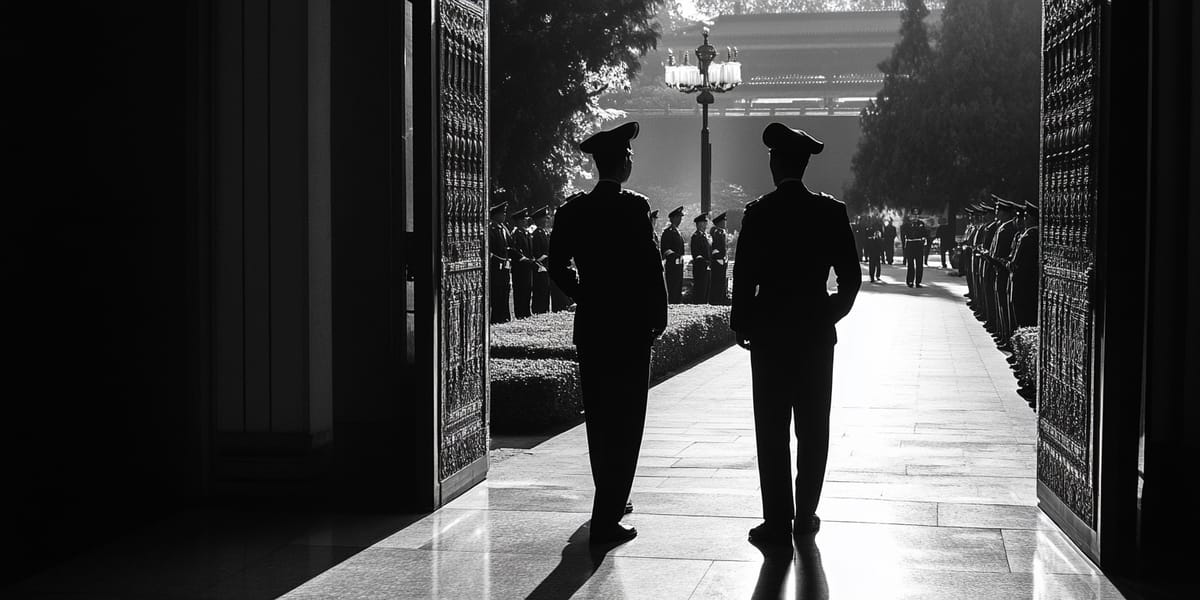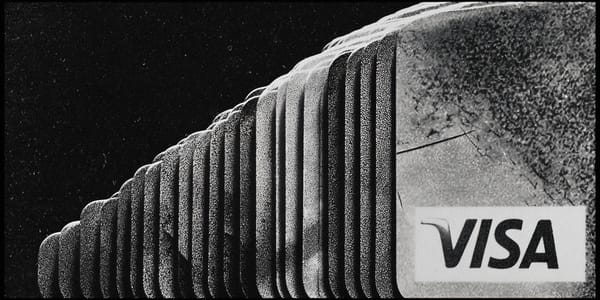Taiwan Security Chief Meets with Trump Administration Amid Rising Tensions

Taiwan's National Security Council head Joseph Wu has arrived in the United States for talks with the Trump administration, according to a source familiar with the matter. The visit comes just days after China concluded military exercises around Taiwan.
Wu is leading a delegation for a meeting known as the "special channel," as reported by the Financial Times. This marks the first time President Trump has used this diplomatic channel since returning to the White House on January 20.
The visit follows China's two-day war games around Taiwan earlier this week. These exercises included long-range, live-fire drills in the East China Sea, representing an increase in military activity near the island. Taiwan has spoken out against these drills.
Taiwan's Defense Ministry recently tracked an unusually large Chinese military presence near the island, with 59 Chinese military ships, planes, and drones active in the area. Taiwan responded by deploying aircraft, navy ships, and coastal anti-ship missile defenses while monitoring the situation closely.
The United States, which serves as Taiwan's primary international supporter and arms supplier despite lacking formal diplomatic ties, has condemned China's recent military exercises. The US-China relationship faces challenges across several fronts:
- Human rights concerns
- COVID-19 origin disputes
- Trade tariffs
- Semiconductor industry competition
Trump recently imposed new tariffs that Taiwan called "unreasonable." The president has also criticized Taiwan for taking US semiconductor business, expressing his desire for the industry to return to American soil.
Despite these economic tensions, Taiwan's top security official has stated that the Trump administration's support for Taiwan remains "very strong." China has intensified its rhetoric against Taiwan President Lai Ching-te, calling him a "parasite" following US Defense Secretary Pete Hegseth's Asia visit.
China considers democratically governed Taiwan as its territory and has labeled President Lai a "separatist." Lai, who won election last year, rejects Beijing's claims of sovereignty and maintains that only Taiwan's people can determine their future.




